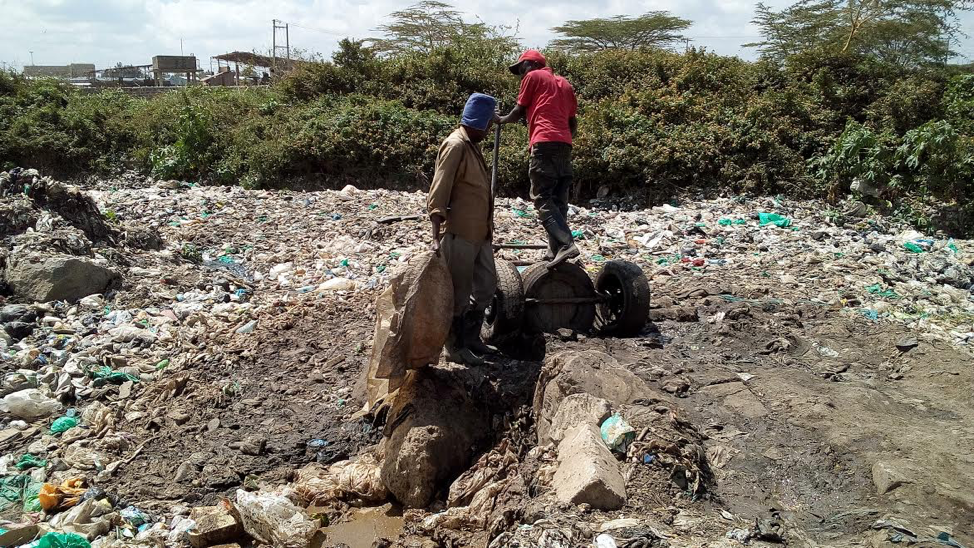This research focuses on sanitation, electricity, and food vending in Nairobi’s informal settlements. Urban policymakers and sanitation practitioners have often overlooked shared on-site sanitation, despite the predominance of such toilets in African slums and rising concern over paltry access to sanitation. Pit latrines can quickly fill up in high-density settlements, and past research in African cities has focused on latrines’ filling times, insect infestation, gas formation, and design considerations but has rarely analyzed the governance of these toilets. Moreover, urban on-site provision has fallen through the cracks in African sanitation policies, since it is assumed that rural areas have on-site sanitation but cities have sewers. By exploring latrine maintenance and waste flows in a Nairobi slum, Alice shows that on-site sanitation is a gendered, spatial, and governance concern best understood from the vantage point of informal settlements.
Tenuous Wires, Covert Excreta Flows, and a Formal/Informal Interface: Uncovering New Facets of Informality in Nairobi

